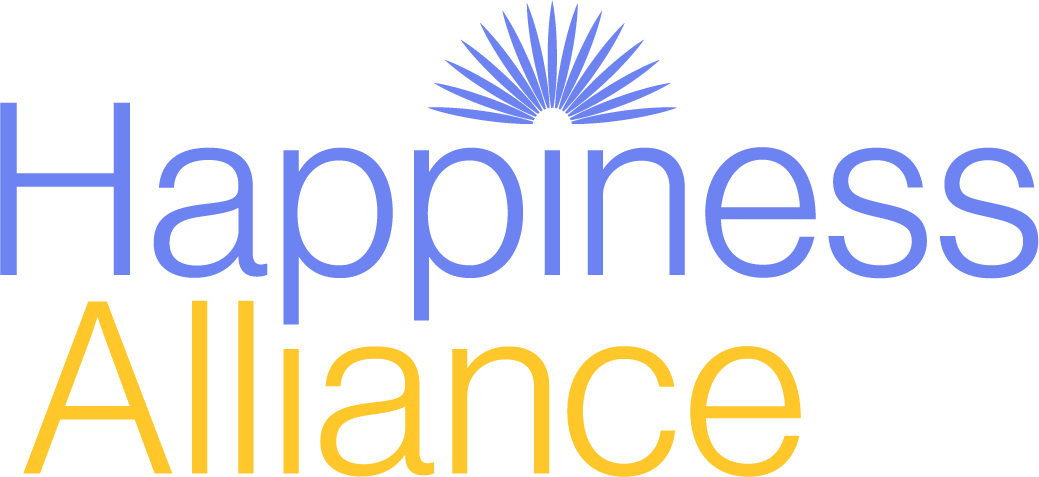|
Guest post by Elizabeth Mackenzie, CEO of Global PR Associates According to a Bankrate survey, 55 percent of Americans in the workforce said they would likely look for a new job in the next 12 months. Professionals and other members of the country's workforce are looking for new challenges, higher-level responsibilities, and better salaries. Studying and pursuing a new career represents much more than just a job decision for the coming years. A new career and job are the basis of your economic success and the level of well-being in your life. For that reason, you should think carefully about being important to the economy and achieving your long-term goals. Let's analyze these and other factors below. What Do You Need to Ask Yourself Before Choosing a Career?Before selecting a career, the most important thing is to evaluate all the positive and negative factors that can influence your personal and professional life. To obtain an accurate conclusion, answer the following questions.
Key Elements to Identify Whether a Job Is Right for YouBefore choosing or changing careers, analyze what elements are present in your current field. Perhaps looking for a completely different path is not the solution, but rather a related area or a new work environment. Take a look at the factors below. The Job Aligns With Your Values If you have a high-level job or one with important professional requirements, make sure it has positive corporate values. For example, having a deadline-driven role that allows for team collaboration and creativity is a positive sign. That is a role that can offer you excellent career opportunities. The Position Is Interesting and Challenging There is nothing more rewarding than an occupation that leverages your talent. The best work environment is one that gives you new challenges every day. Responsibility and challenges are the ideal values to increase engagement, performance, and acquire more professional experience. You Are Productive in the Work Environment Productivity is key to becoming a better professional in your area. The work environment greatly influences this context, as depending on your job, it is important to have a quiet and solitary space to do your best work. The Importance of a Work Relationship in Determining Whether a Job Is a Right for YouMaintaining a good work relationship with your coworkers and boss can assist you in determining whether a particular job is right for you. If you work with people you enjoy, trust, and feel you can rely on during difficult times, you are much more likely to stay with the company and give your all each day. If you do not have a positive work relationship with your coworkers or boss, this can be a significant indicator that your job is not a good right for you, as it will prevent you from performing at your best and being engaged in your work in an interactive manner. However, you're more likely to be happy and successful in your career if you work in an environment that makes you feel valued, respected, and engaged. Why You Should Consider Your Happiness and Mental Well-being in Choosing a CareerFeeling happy with your career and having a good mental well-being becomes second nature after you've discovered what you like about it. This not only helps you to enjoy your time at work but also allows you to learn new skills and be more productive, enhancing your chances of rising up the professional ladder. The significance of happiness and mental well-being in your profession influences not just your work, but your whole life. Choose a career that you enjoy, one that you feel has potential for growth and one that you can be passionate about. Interesting Trends in Career Choice Among Young StudentsAccording to a study by the British medium PR Newswire, nine out of 10 people between the ages of 21 and 65 say they regret having made a hasty decision in their career choice. The study explains that many young people choose a university course at random because they don't know what they want to do. This social behavior is due to the fear of running out of time. Career Happiness Tip TakeawayThe best career choice you can make is one where you feel comfortable as a person and as a professional. Do not focus only on a high salary but also on a career path with opportunities for growth, personal development, and large projects to gain experience
1 Comment
Guest Post by Bash Sarmiento, author, educator, marketing specialist. Over the past few years, traditional surveys have taken a back seat as research methods for collecting information about people’s behavior. Over the past few years, traditional surveys have taken a back seat as research methods for collecting information about people’s behavior. This kind of data collection gathers data from in person interviews. It could be through door-to-door interviews, interviews at events, as well as mailing polls and questionnaires. This article focuses more on traditional surveys through mailing polls and questionnaires. Mailings often entail sending out survey materials that have answer options available via checking boxes. They also come with return envelopes and often include paid postage. Researchers have moved from pencil and paper questionnaires to online platforms that offer many benefits to researchers, agencies and businesses. In fact, some studies have even recommended the use of websites over traditional surveys. However, traditional surveys still play a vital role in the field of marketing and other research as they provide a wealth of information. The following are just some of the benefits associated with traditional surveys: 1) Easier to CompleteTraditional surveys are easy. Anyone can complete them. They don’t require specialized skills, and there aren’t any complicated rules to follow. All the respondent needs is a pen or pencil and their time. There are also no special equipment requirements either. While other methods of data collection require expensive tools, traditional surveys only require pen and paper (in some cases, just a device). You may be surprised by how quickly you can get responses to your questions. This makes it very quick to gain valuable insights into your target market, especially if you want to collect responses from hard-to-reach areas or dimensions of a population's demographics. 2) Can Lead to More Reliable DataWhile other methods of gathering data may be considered by some to be more accurate than those done through traditional means, these methods can sometimes miss certain groups. For instance, people who access social media sites may not answer survey questions because they have opted out of having their data shared with third parties. But with traditional surveys, most respondents are likely willing to answer your questions. Therefore, you can often garner good-quality data without the fuss. And if your questionnaire is designed and structured properly, you will get reliable results. You may find that you get different answers depending on whether you ask someone face-to-face or online. But this does not mean that the results are unreliable as there are many factors that contribute to reliability of data. It simply shows that you shouldn’t rely entirely on one method of data collection. In general, the more data you gather the better, and the more reliable your data is. 3) Cost-EffectiveOne reason why traditional surveys still remain popular among data gatherers including marketers, census bureaus, pollsters and researchers is that they are relatively inexpensive compared to some online alternatives. It doesn't take a lot of money to send out surveys. This cost advantage is another reason why traditional surveys remain relevant today. By taking the time to design effective surveys, you can also save money in the long run. As mentioned earlier, unlike other methods of data collection, traditional surveys don't require any special programs. You don't need an IT person to create a survey. You don't need a programmer to set up the coding. You don’t need an expert to conduct focus groups. With traditional surveys, you can easily get started without expending too much time and effort. As long as you know what to ask, you can start creating a survey in minutes, or you can use existing surveys such as the Happiness Index. 4) Still RelevantWhile online methods of data collection may seem more convenient, they do have limits. For example, they tend to attract younger and tech-savvy users, which may lead to skewed results. With traditional surveys, this isn’t a problem. People of all ages and backgrounds tend to participate in these types of data gathering efforts. As such, they remain relevant. 5) Can Be Integrated With Other Research MethodsThe best part of living in the digital age is that you can use different tools in conjunction with traditional surveys. For example, you may use statistical software to analyze the results, or something simple like Excel and Tableau. You may integrate social media content analysis with surveys. Or you may even combine a few of these methods together. The key here is to remember that each research tool has its own strengths and weaknesses. Traditional surveys can be integrated with many other marketing methods so you can gather additional information about your population, whether customers or constituents, and opportunities. 6) Better Visualization of ResultsSince surveys are usually designed to receive numerical responses, they're particularly well suited for visualizing data. You can easily convert the responses into charts or graphs that make sense for you. In addition, this makes it easier to share the results on different platforms. In addition, traditional surveys allow you to create relationships between different sets of data. These connections may help you understand how your customers behave differently over time. They may also provide insights into behavior across various demographic segments. Reduces "Interview Bias"A common concern with other methods of data collection is interview bias. Interviews conducted by phone or in-person may involve some biases. When conducting interviews, people may respond in a way that makes them feel better about themselves. In some cases, the interviewer may influence the response. Traditional surveys using mail ballots provide a simple solution to this problem. Since the interviewer is eliminated in this method, there's no risk of interview bias influencing the results. The Bottom LineWhile traditional surveys aren't always the best way to collect data, there are still good reasons to use them for looking into the customer experience and population wellbeing. They offer several advantages over alternative methods and can even be used to provide you with actionable insight. In the long-run, traditional surveys can still play a vital role in the success of your business and marketing efforts; policy and governing efforts; and nonprofit and activist efforts to make the world a better place.
|
We CarePosts written by the People of the Happiness Alliance & our Friends. Archives
March 2024
Categories |
Sign up for the Happiness Alliance Newsletter
THE HAPPINESS ALLIANCE IS A 501(c)3 NONPROFIT REGISTERED IN THE UNITED STATES
The Happiness Index is Copyright © 2014 by the Happiness Alliance


 RSS Feed
RSS Feed
